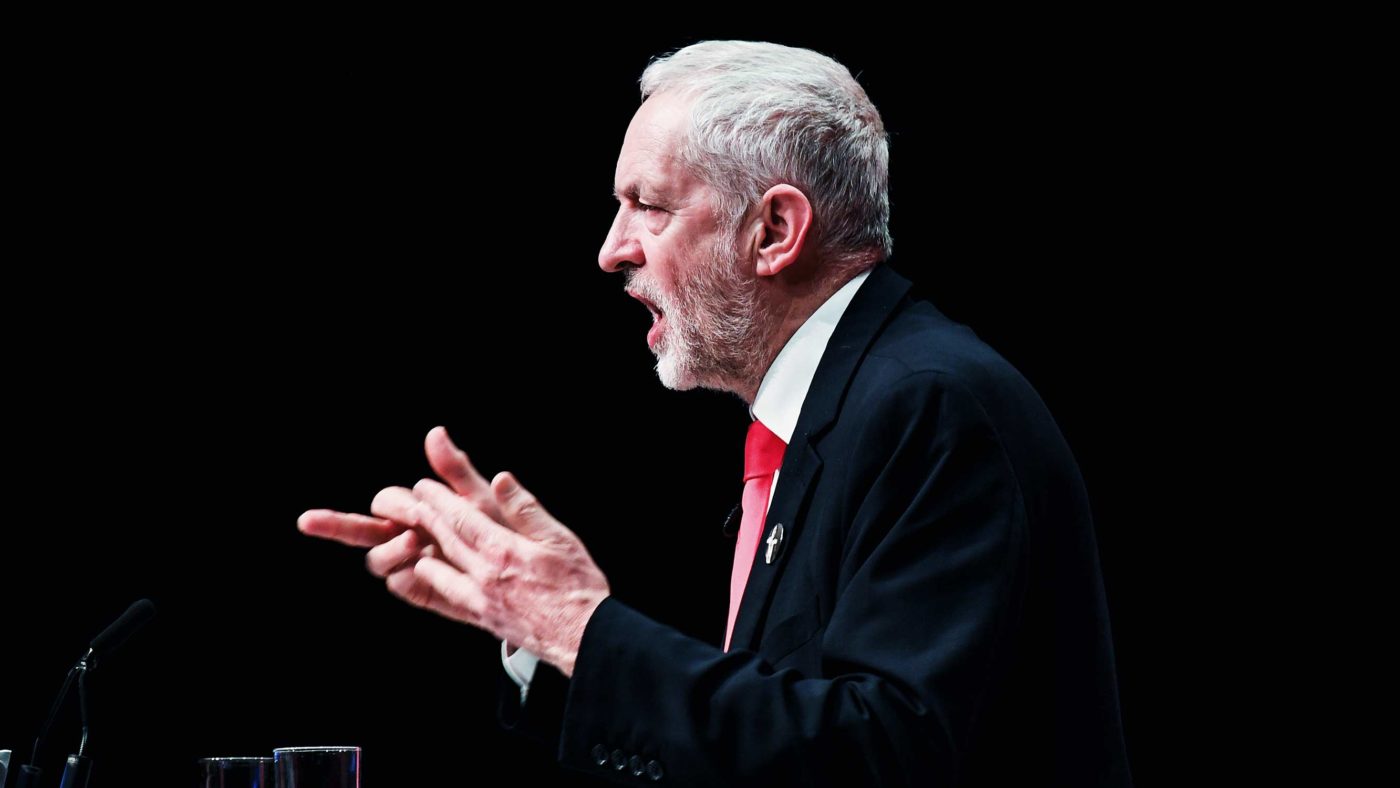All is not well in the Labour family. The General Secretary furore has split the dominant strands of Corbyn’s Left-wing coalition, pitting Unite’s old Left machinists against Momentum’s neo-socialist movement. Brexit — and the immigration aspect in particular — continues to sow division in all corners of the party’s factional spectrum. And now Jeremy Corbyn has shattered the post-election, parliamentary peace with his, to put it mildly, ham-fisted approach to the Salisbury incident.
Most of the Parliamentary Labour Party’s ire is currently directed towards Corbyn’s spokesman — one Seumas Milne — who not only seemed to deny prima facie evidence of Russian responsibility, but also questioned the reliability of British intelligence more generally. Extraordinarily, Shadow Defence Secretary Nia Griffith even name-checked Milne on national radio, thus placing this necessarily shadowy operator under an uncomfortably harsh spotlight.
Ideologically there is less than a cigarette paper between Milne’s blunt comments on the attack and Corbyn’s more studied ambiguity. Both their actions in the last 72 hours stem from an analysis of foreign affairs which sees Western, rules-based internationalism to be, at best, as morally compromised as Putin’s nationalism. Indeed, for our supposed moralistic hypocrisy and full-throttle embrace of the ultimate evil — American imperialism (translation: capitalism) — they almost certainly view it as worse. Needless to say, as John Bew masterfully argued on Capx last year, this is not the mainstream Labour tradition. Hence, the current apoplexy on the Labour benches.
Curiously, it is always foreign affairs – not domestic policy – which prompts Labour dissent. As disturbing as it may be to CapX readers, the blunt truth is that “moderate” Labour MPs seem entirely relaxed about a John McDonnell-controlled economy. At least in Portcullis House, his “tea offensive” appears to have worked. Surely then, Corbyn’s Salisbury slip-up is either gaffe or tactical miscalculation — a divisive distraction from the Marxist march to Downing Street?
Well, maybe. After all, overestimating intention — mistaking incompetence for strategy — is one of the cardinal sins of political commentary. But nothing forms political character quite like experience and habit. And so it must at least be considered that Corbyn has weighed the strategic scales and decided his grotesque relativism — and the ensuing skirmish with his own MPs — would actually help his pursuit of power. Not least because doing so reveals what Corbyn — and for that matter Putin — understands about politics in modern liberal democracies, that their would be-defenders have yet to grasp.
Corbyn needs to hold together an unusual political coalition. The Labour leader doesn’t just agree with the anti-internationalist Stop-the-War Left; he also sees them as an integral part of his electoral alliance. And so to Corbyn, Milne and others at the top of the Labour Party, those who take the anti-West line on social media are a reliable online vanguard. Those views, as the Russian uproar shows, sit uncomfortably with the internationalists Corbyn still ultimately needs to keep onside. A circle must therefore be squared.
Not so long ago, this might have involved an agonising strategic choice. Particularly given the emphasis traditional media places on old-fashioned message discipline. Not so in the social media age, where echo chambers and confirmation bias interact to mean people generally receive the message they already want to hear.
Might it not be then, that Corbyn’s approach to Russia is of a piece with his well-documented “constructive ambiguity” on Brexit? That Labour’s left flank hears Corbyn’s anti-West dog-whistle, while its internationalists are salved by Emily Thornberry’s row-back? If so, then sadly it represents a successful approach to coalition-building in contemporary politics.
Alas, the second insight is if anything even more troubling. It is that Corbyn may have absorbed the “Steve Bannon lesson” that the task of digital politics is to choose your enemies for they dictate your followers. As long as your enemies are screaming at you, the mantra goes, you must be doing something right. Nothing, not even the Tories, unites the Labour Party in contempt — and its Left in particular — as much as receiving opprobrium from traditional media. It is the same in conservative, talk radio America. Once you understand that, you begin to understand the startling veneration of Vladimir Putin by a scarily sizeable — and growing — portion of both the British Left and the American Right: he makes the mainstream scream.
Do not fall into the trap of thinking that this is the moment Corbyn begins to come unstuck. Worryingly, his “constructive ambiguity” on the Salisbury attack could even make him stronger.


